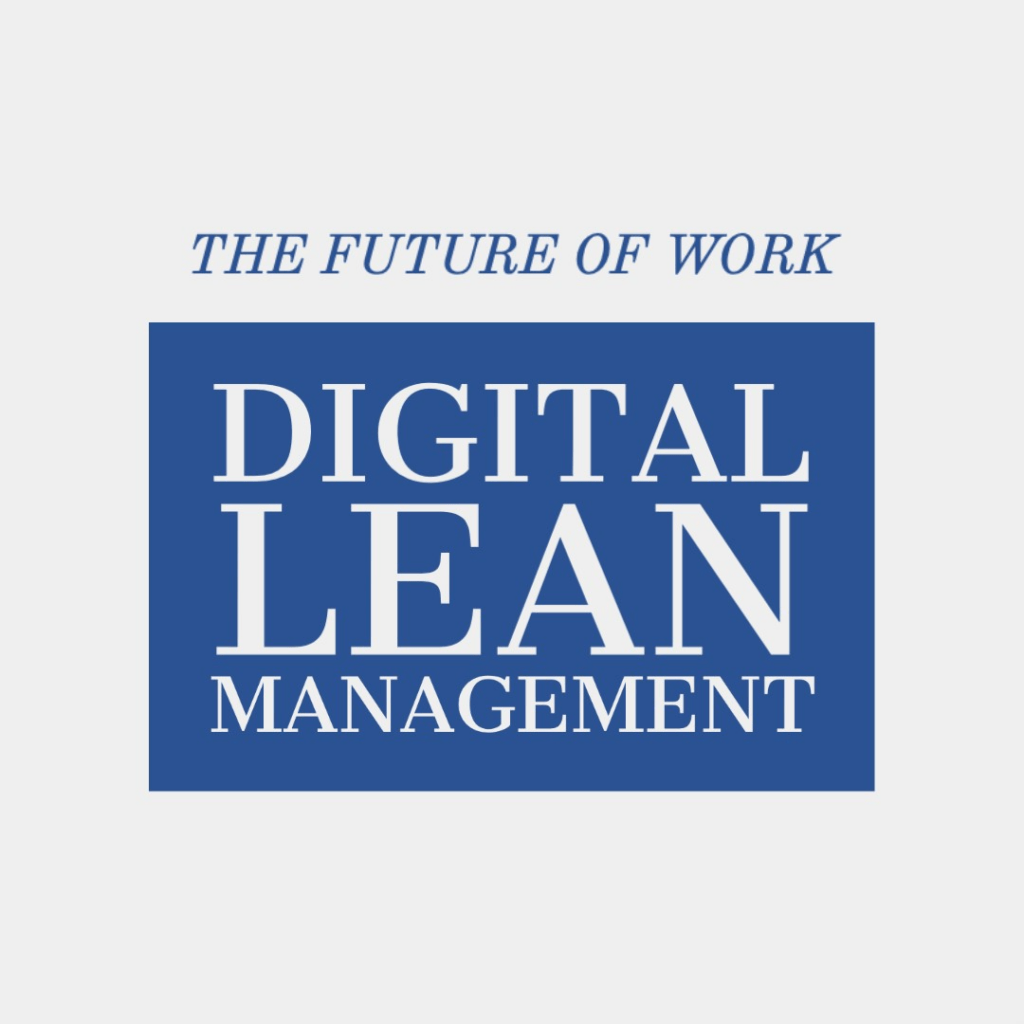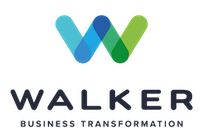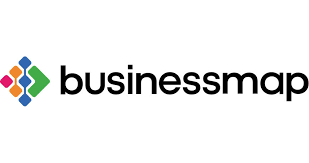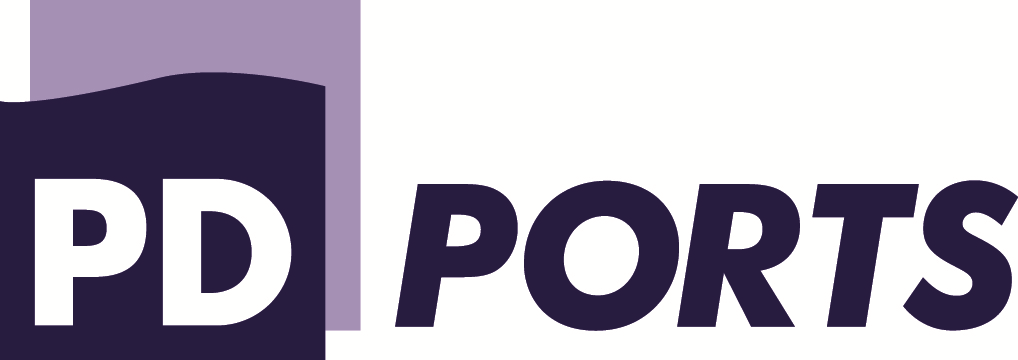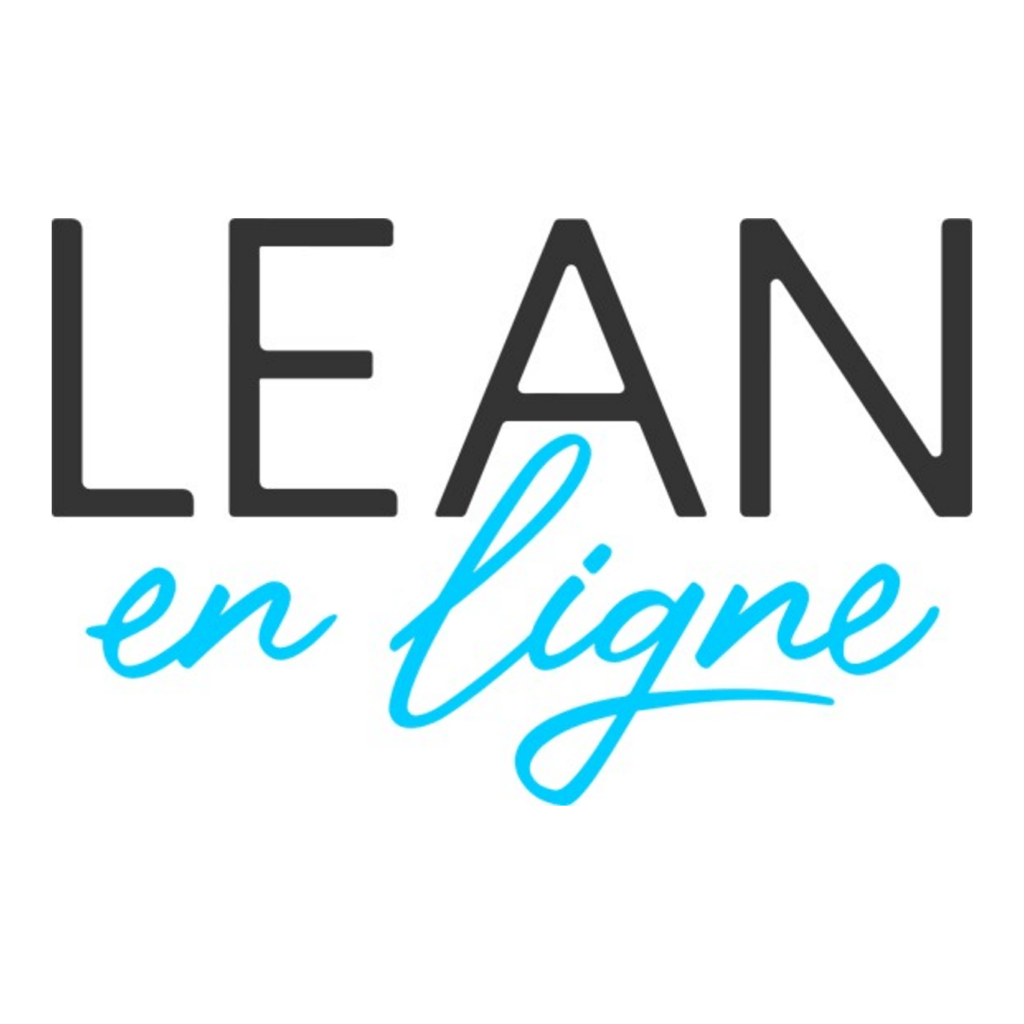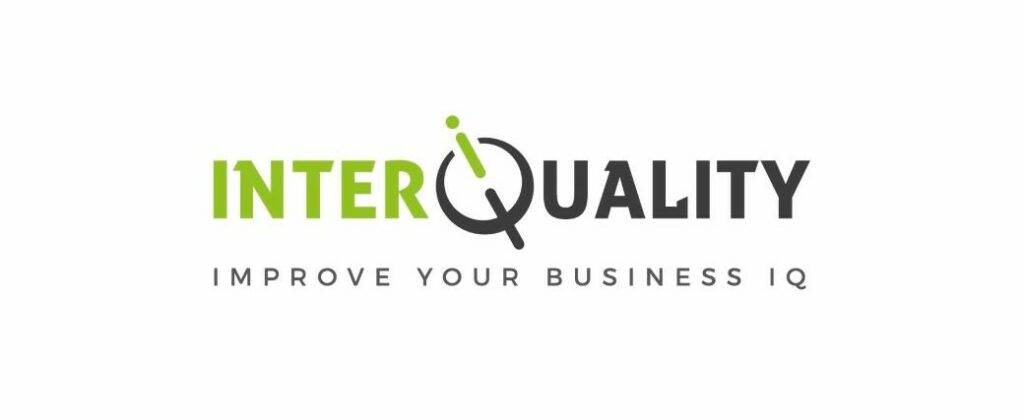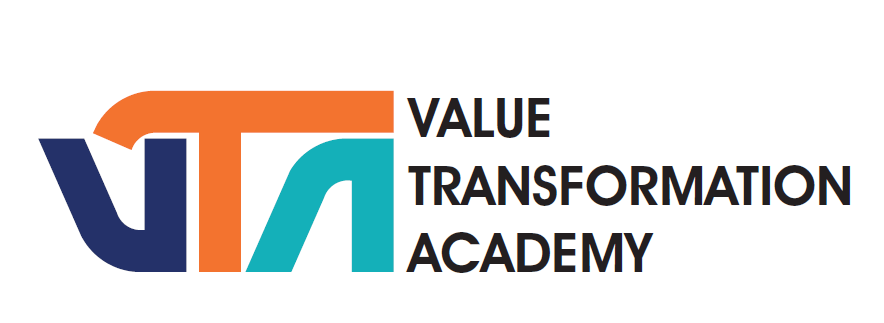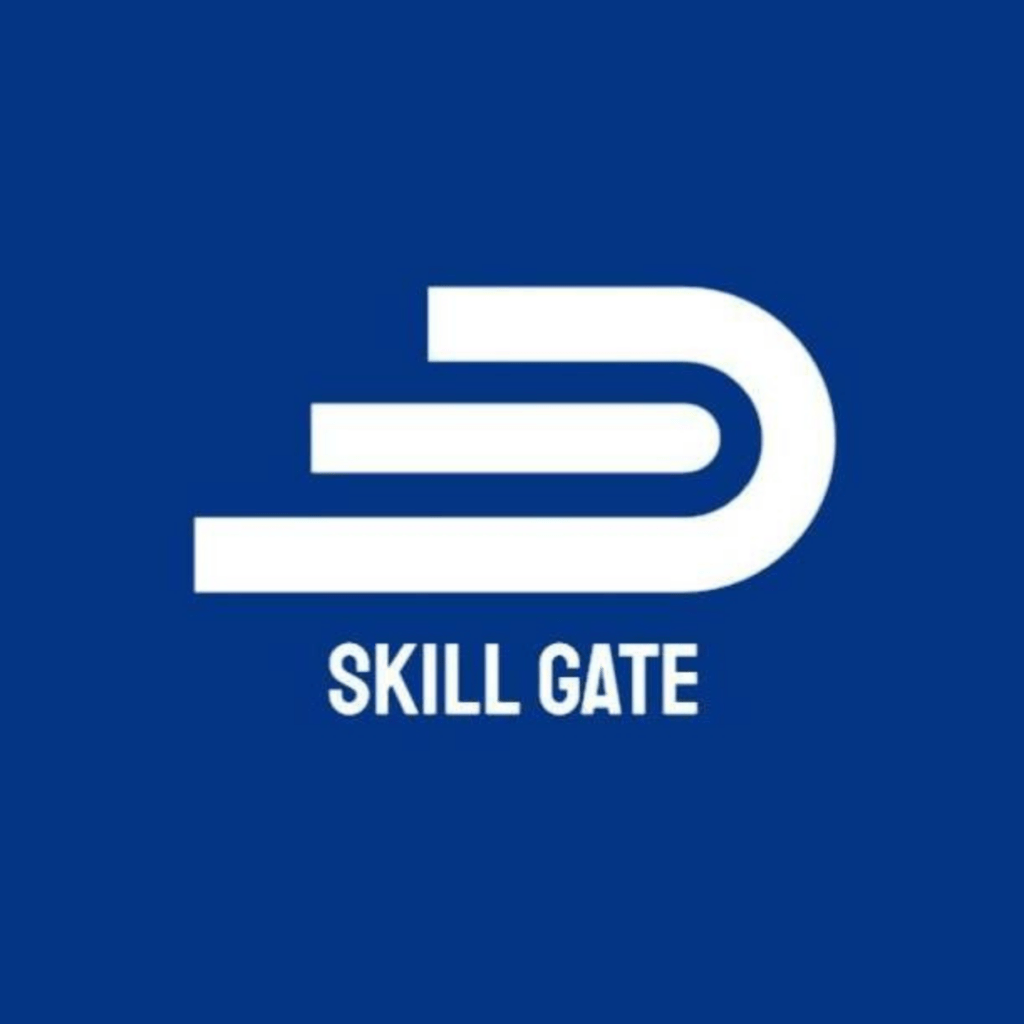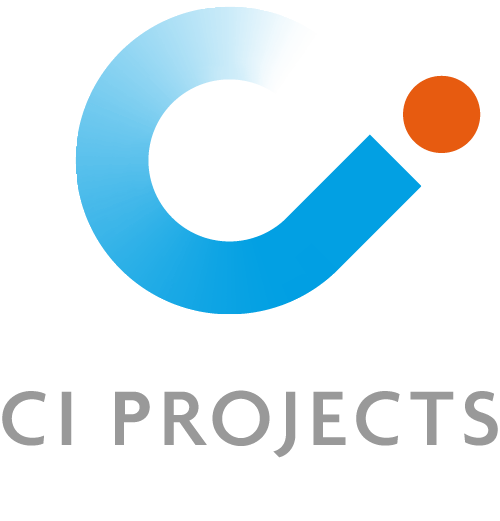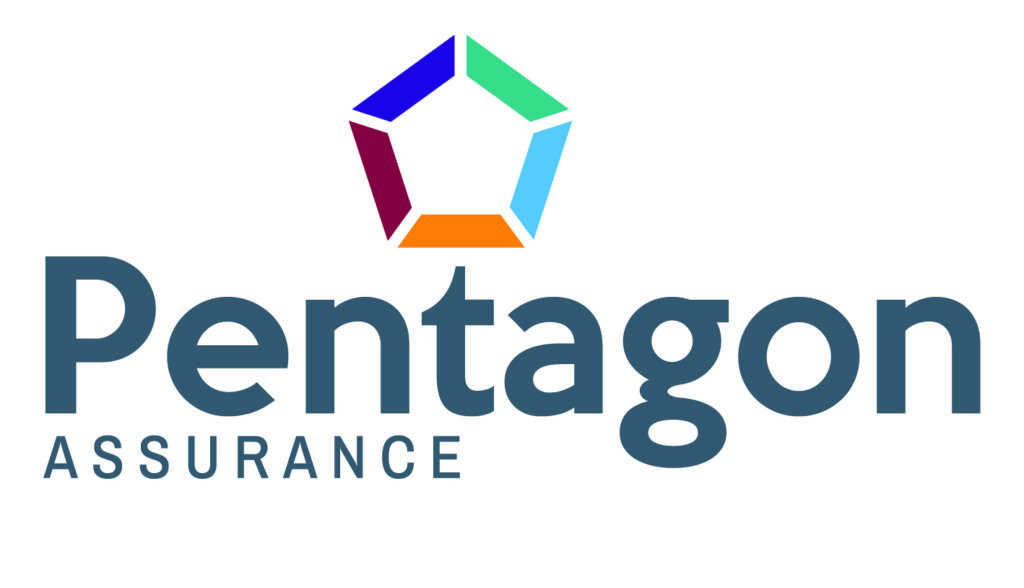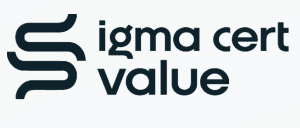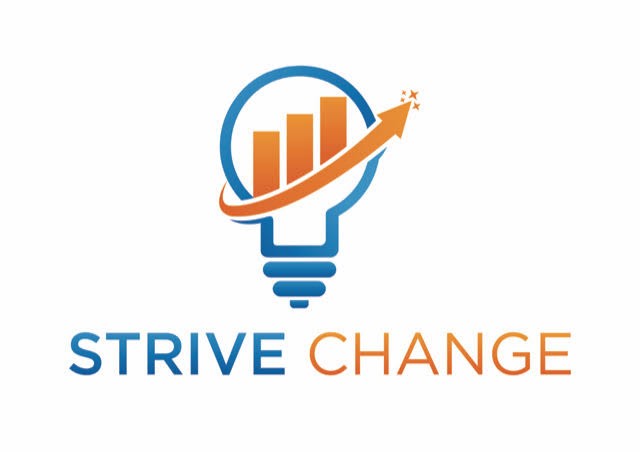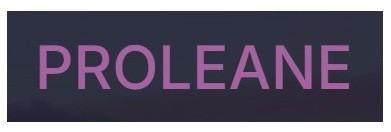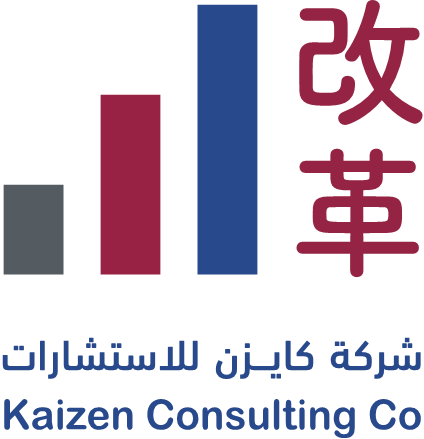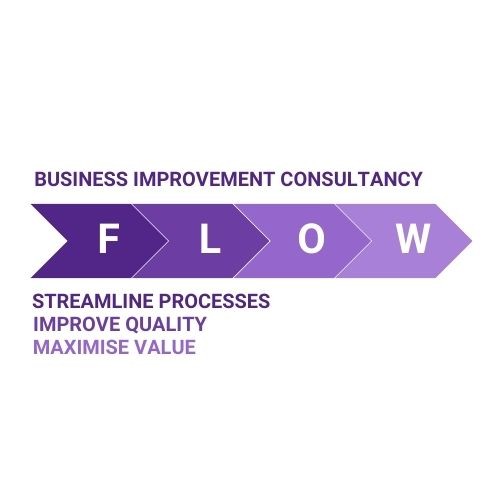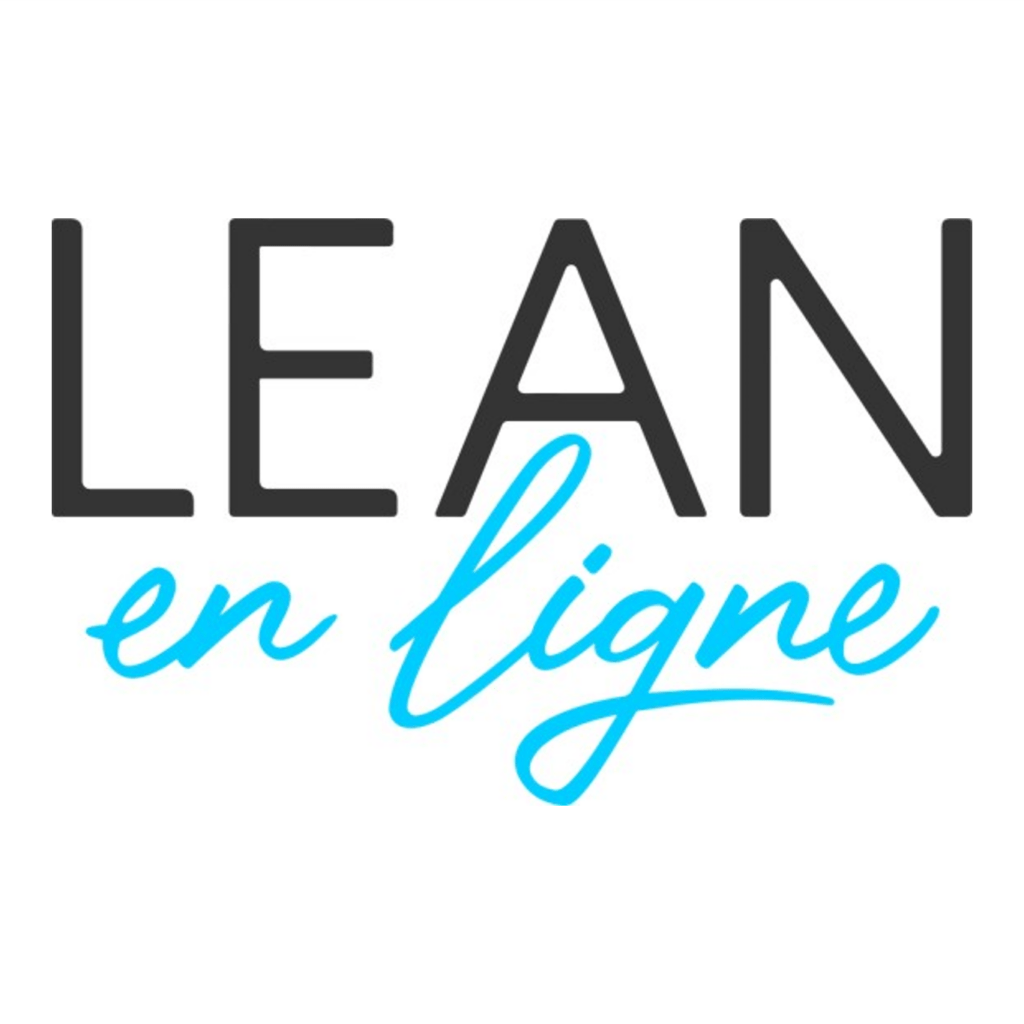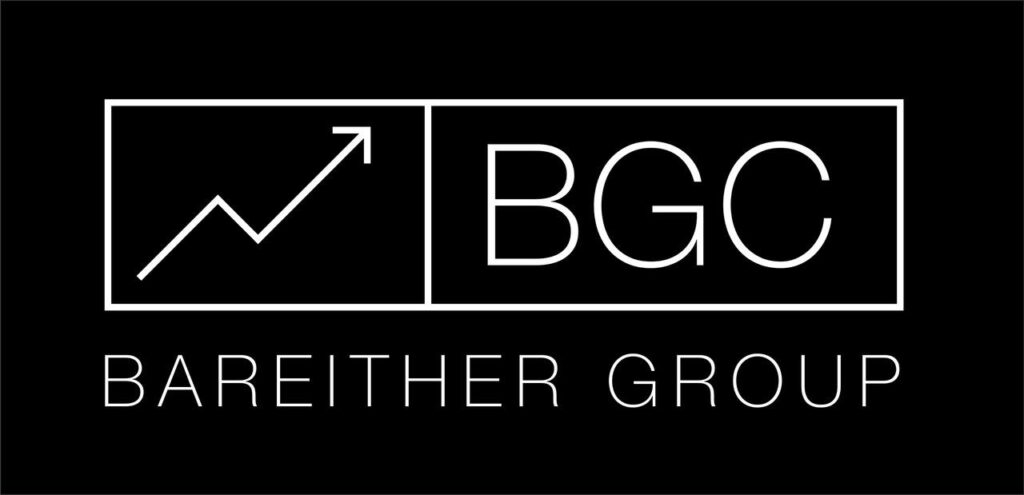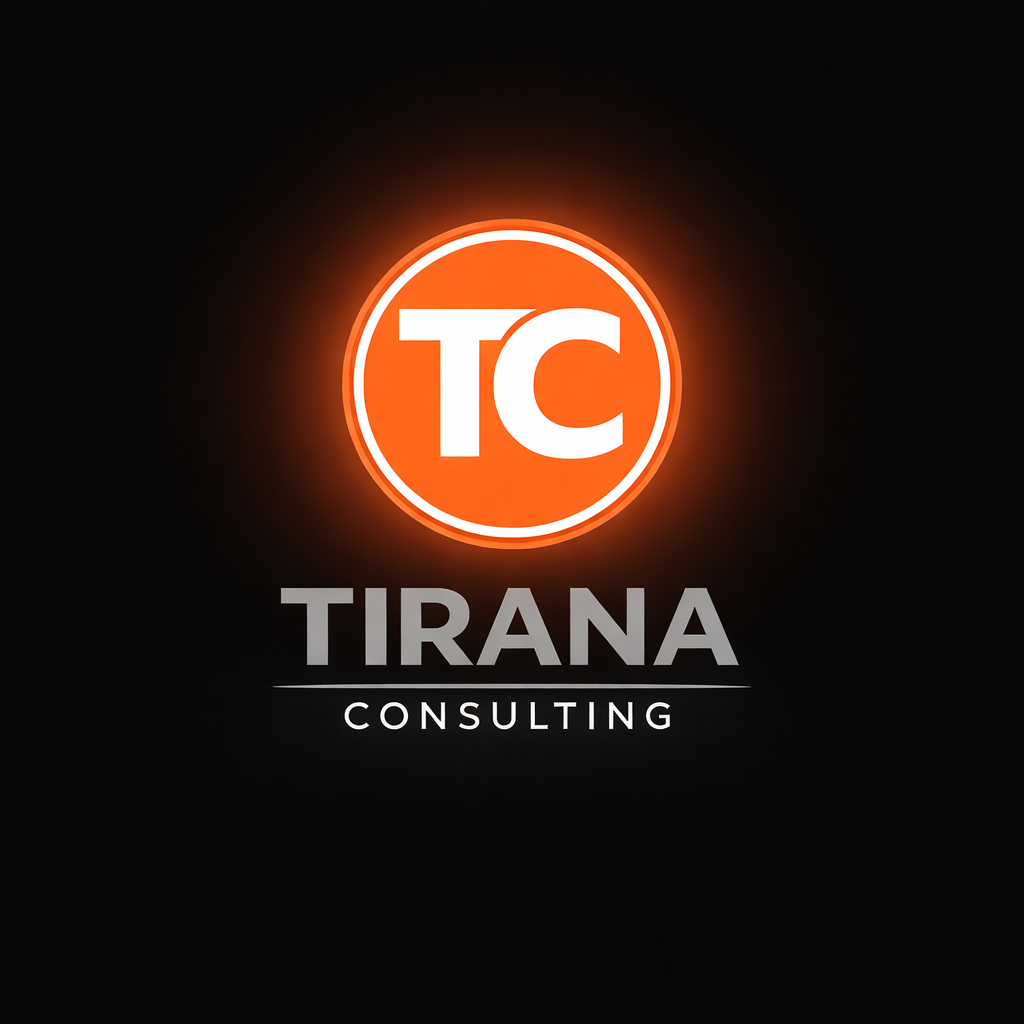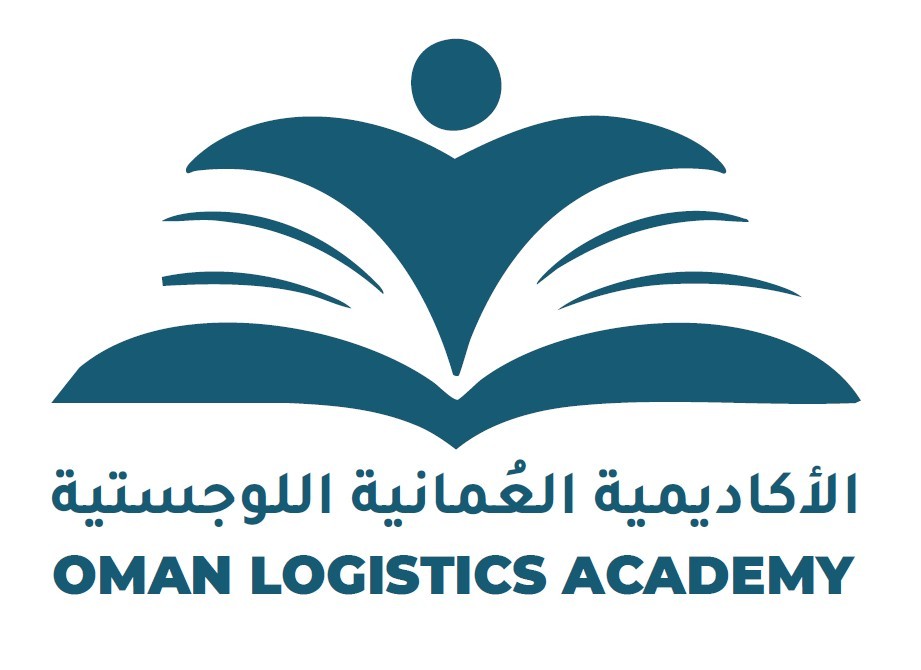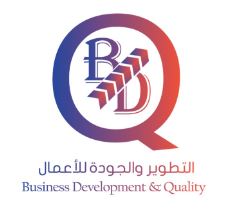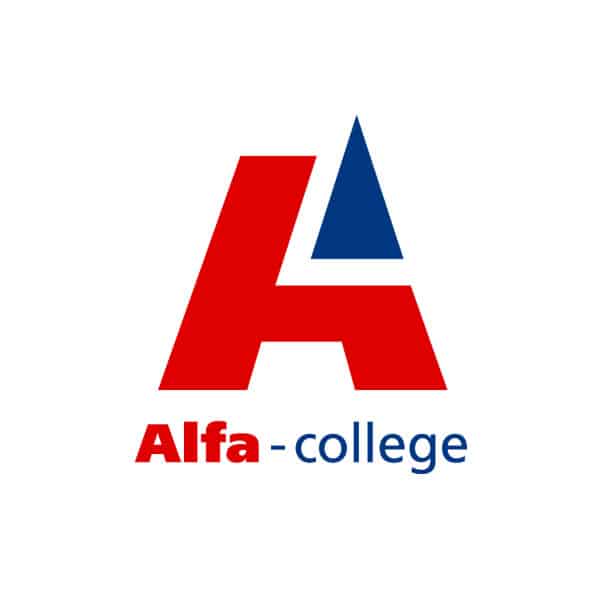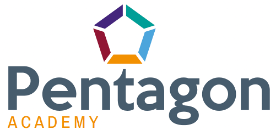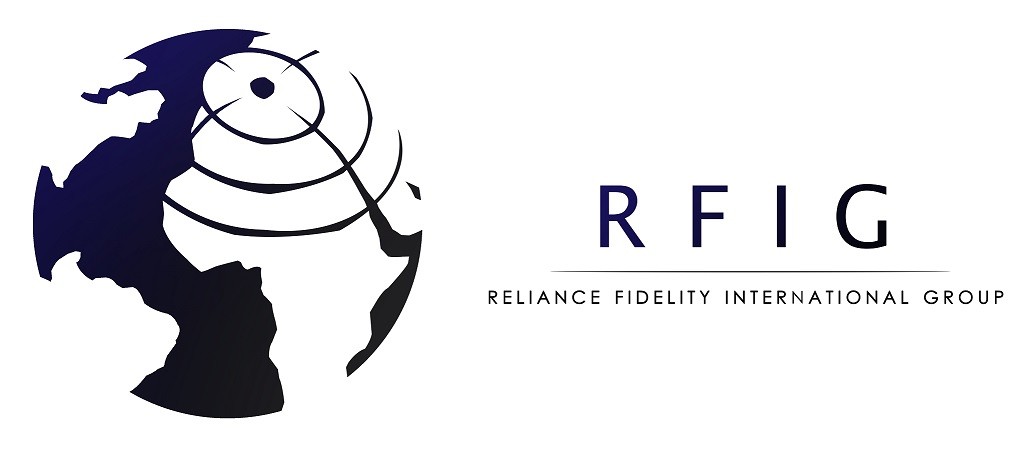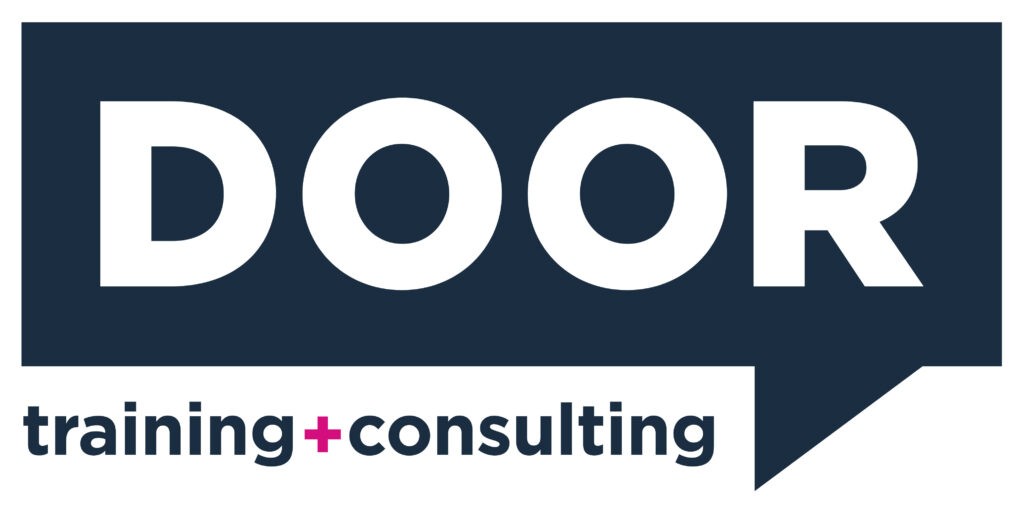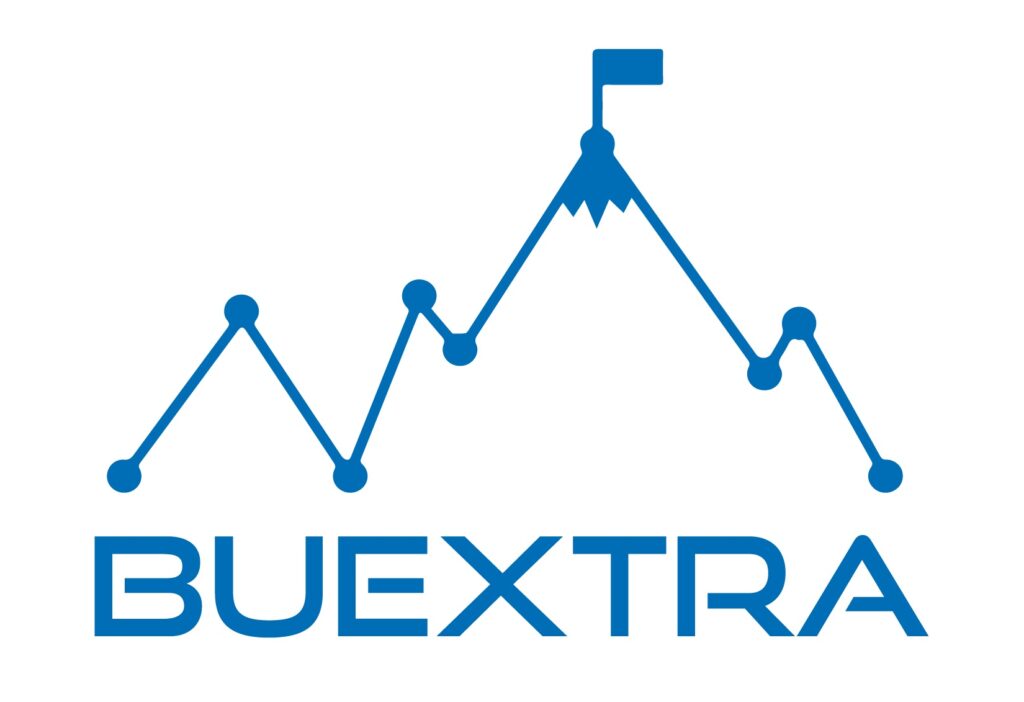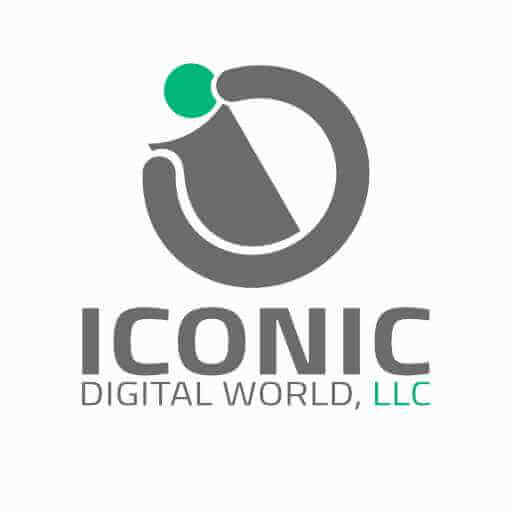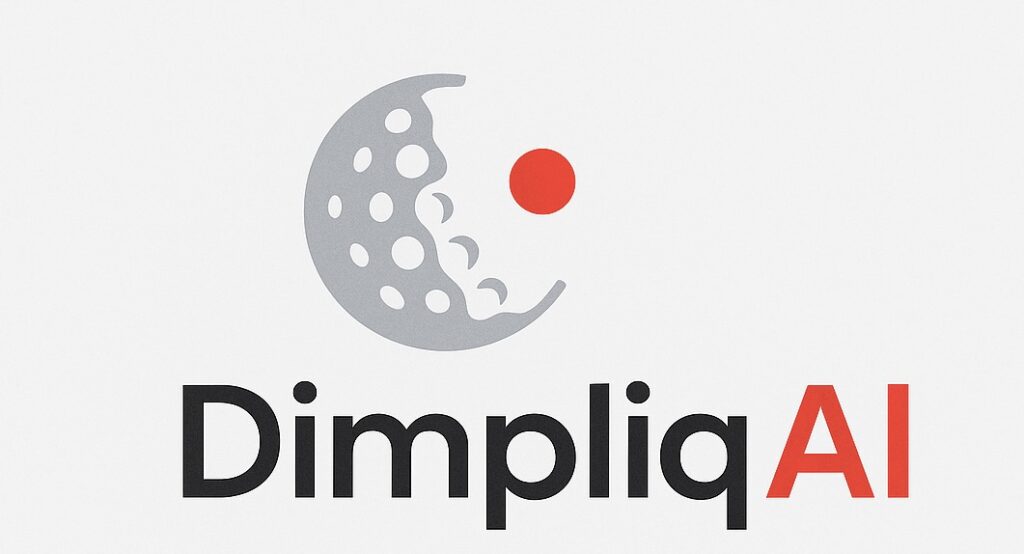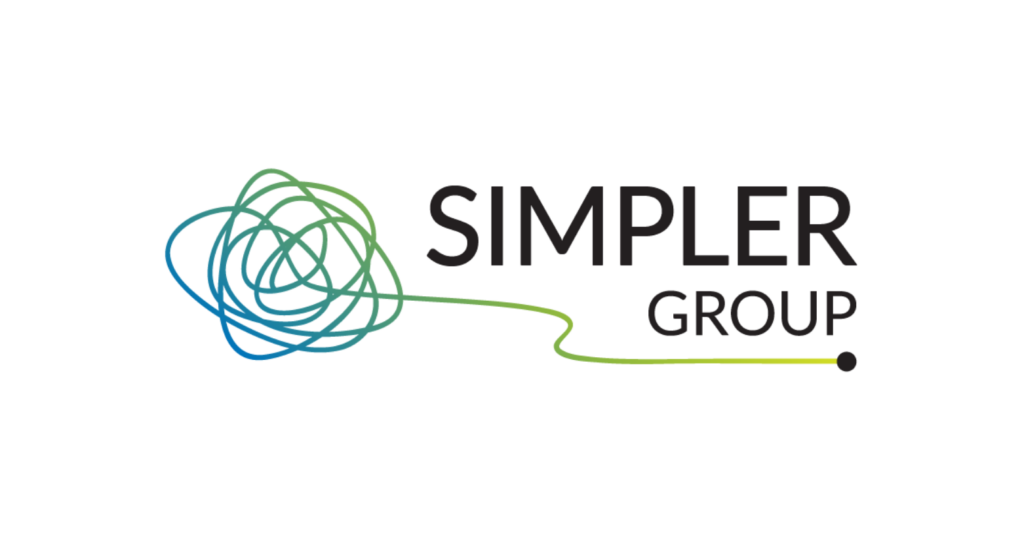Developing Human Resources for Digital Transformation
In this modern digital age, the harmonious combination of customer and employee experiences has become more crucial than ever. Consider a scenario where HR operations reflect the dynamism and convenience generally associated with digital consumer interactions.
The truth is, human resources has transcended its conventional function, becoming a keystone that doesn’t merely adapt but also fills the business with the competencies necessary for total digital transformation.
Human Resources for Digital Transformation Defined
Human Resources (i.e HR’s) digital transformation reflects a paradigm where data becomes the steering wheel, navigating services like hiring, learning & development, benefits management, and more into a digitalized reality.
Here, HR metamorphoses into a dual entity, enhancing its operations via digital channels while simultaneously cultivating a digital culture and skillset across the firm.
Leveraging Industry 4.0 for the Smart Factories of Tomorrow
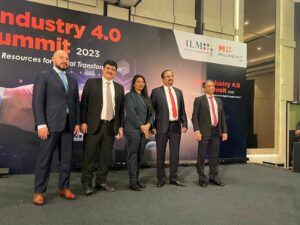
A Picture showing the Keynote speakers at the Lean Industry 4.0 Summit in Sri Lanka
Now, with the introduction of Industry 4.0, a symphony between physical and digital elements orchestrates the formation of future smart factories. In this arena, technologies like IoT and AI become prevalent, paving the path for a new horizon where HR must guarantee teams possess the agility and skillset to navigate this digital domain efficiently.
At this stage, let’s pause and ponder: How can Lean professionals develop the expertise and knowledge to shepherd their organizations through this transformation swiftly and effectively? One way to consider is through certifications such as those provided by the International Lean Six Sigma Institute.
The Lean-Sustainable-Smart-Industry 4.0 master class, accessible at ILSSI (see website), educates professionals with the knowledge to connect Lean concepts with digital transformation activities, providing a smooth, waste-minimized transition into Industry 4.0.
Navigating Through the Challenges of Digital Transformation
Though the tools and technology exist, proficiency in essential digital skills, like real-time analytics or process automation, nevertheless remains elusive for many. Here are two major challenges that might affect this transformation journey:
- Neglecting People and Culture Impact: Ignoring the palpable impact on people and culture can sow seeds of turmoil and potential derailment in the digital transition journey. To steer clear of this, ensuring honest communication and creating a data-driven mindset become important.
- Misplacing Emphasis on Automation: While Robotic Process Automation (RPA) is invaluable in automating transactional operations, a well-structured methodology, addressed before the RPA implementation journey, provides optimal waste reduction and yields exceptional outcomes.
Merging Culture and Technology
The combination of culture and technology in the HR transformation process promotes efficient operations and dismantles communication barriers, exemplified in the following:
- Revitalizing Recruitment and Onboarding: Employing chatbots and workflow management software boosts candidate interaction and streamlines the onboarding process, respectively.
Considering the crucial role that technology plays in transforming recruitment and onboarding processes, Lean practitioners could find value in certifications that comprehensively blend Lean concepts with technological innovations. ILSSI’s Lean-Sustainable-Smart-Industry 4.0 master program, not only covers technological issues but also digs deep into assuring sustainability and smart implementations within enterprises.
- Innovating Development and Training: Reducing back-office administrative time and employing digital tools and gamification to provide smooth interaction and greater satisfaction, respectively.
- Streamlining Benefits Management: Employing digital technology enables for easy upload, digital signature, and quick consultation of all benefits without the accompanying administrative effort.
Setting in Motion the HR Digital Transformation
To drive a successful digital transition, a disciplined approach is imperative:
- Form a Multidisciplinary Team: Commencing with a SIPOC study ensures comprehension of the existing processes.
- Map Processes Thoroughly: Identifying execution and lead time of tasks indicates improvement areas.
- Develop a Future Vision: Envisage a Future State Vision, including principles like improvement, standardization, digitalization, automation, data transparency, and digital competencies as its foundation.
Lean professionals navigating through the maze of HR digital transformation might find the certifications offered at the International Lean Six Sigma Institute ILSSI invaluable, notably the Lean Healthcare certification, which provides a structured methodology in harmonizing Lean principles digital transformation in the healthcare industry.
Nurturing a Digital Mindset
Inculcating a digital attitude across the firm is paramount. This means cultivating an appetite for data-driven decision-making, a propensity towards automated efficiency, and a penchant for innovative thinking. It’s about engraining a perspective where digital is not considered as a technology but as an inherent aspect in everyday operational thinking.
Understanding and implementing a seamless blend of lean concepts and digital methodologies can be hard. Engaging with a structured learning route, such as the ILSSI’s certifications, ensures that lean professionals are armed with the knowledge, techniques, and practical insights required to navigate through the tangled web of digital transformation efficiently.
In conclusion, as we delve more into this era of digitalization, the development of human resources becomes vital. Our journey towards embedding digital transformation within HR is not a mere shift towards a new technological future; it is a harmonious integration of digitalization into our existing structures, enhancing and not substituting our human resources, crafting a future where HR is not just a participant but a catalyst.
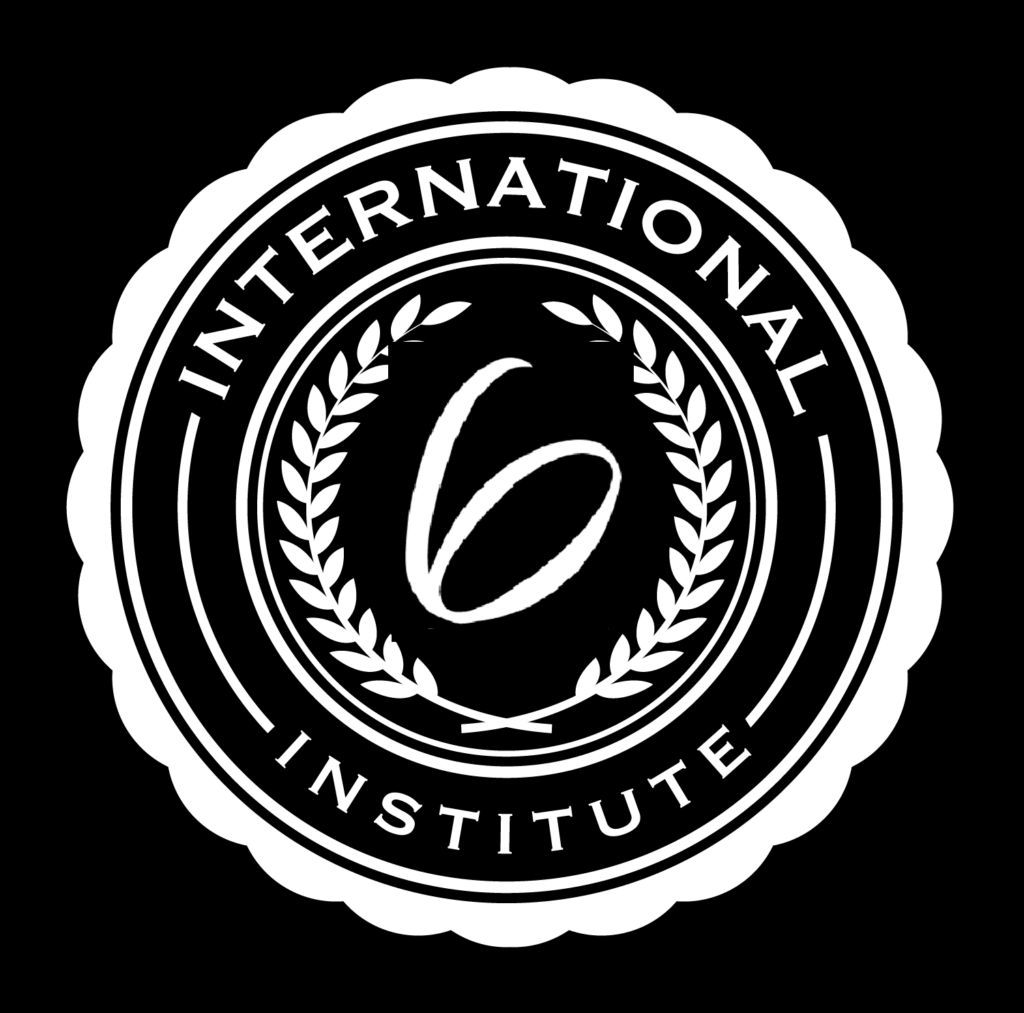
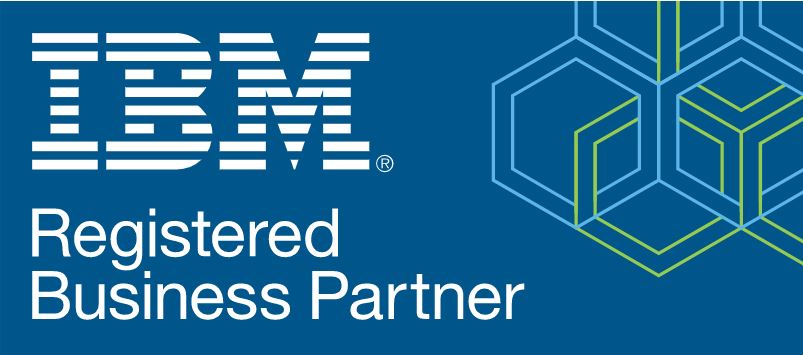
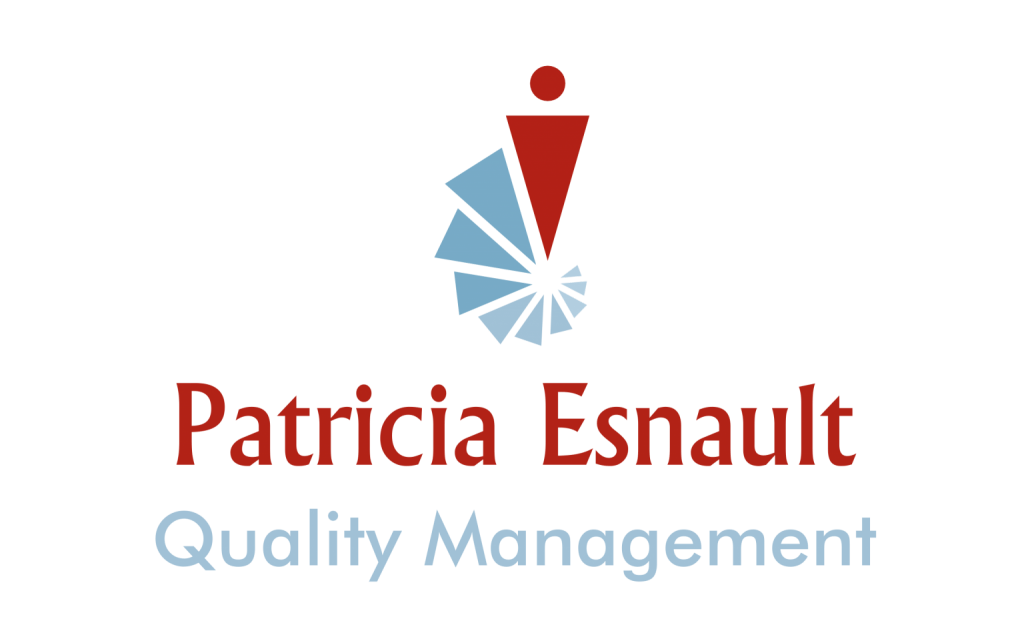

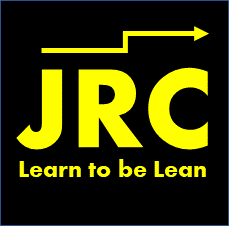
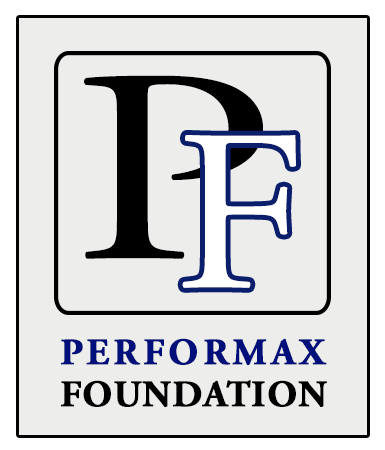

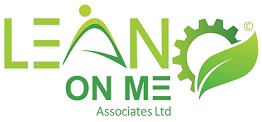




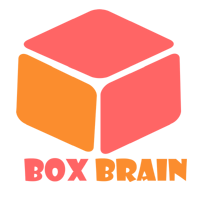

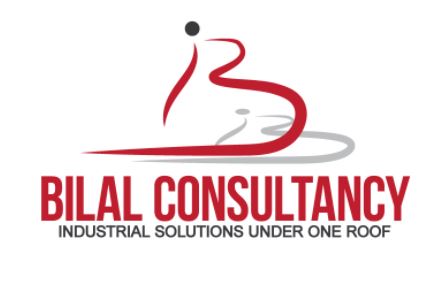
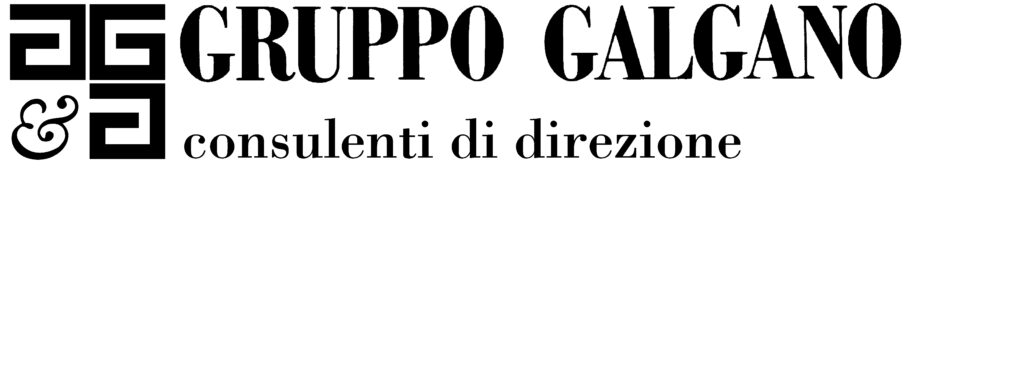



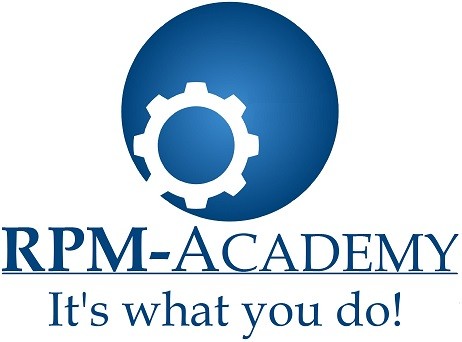
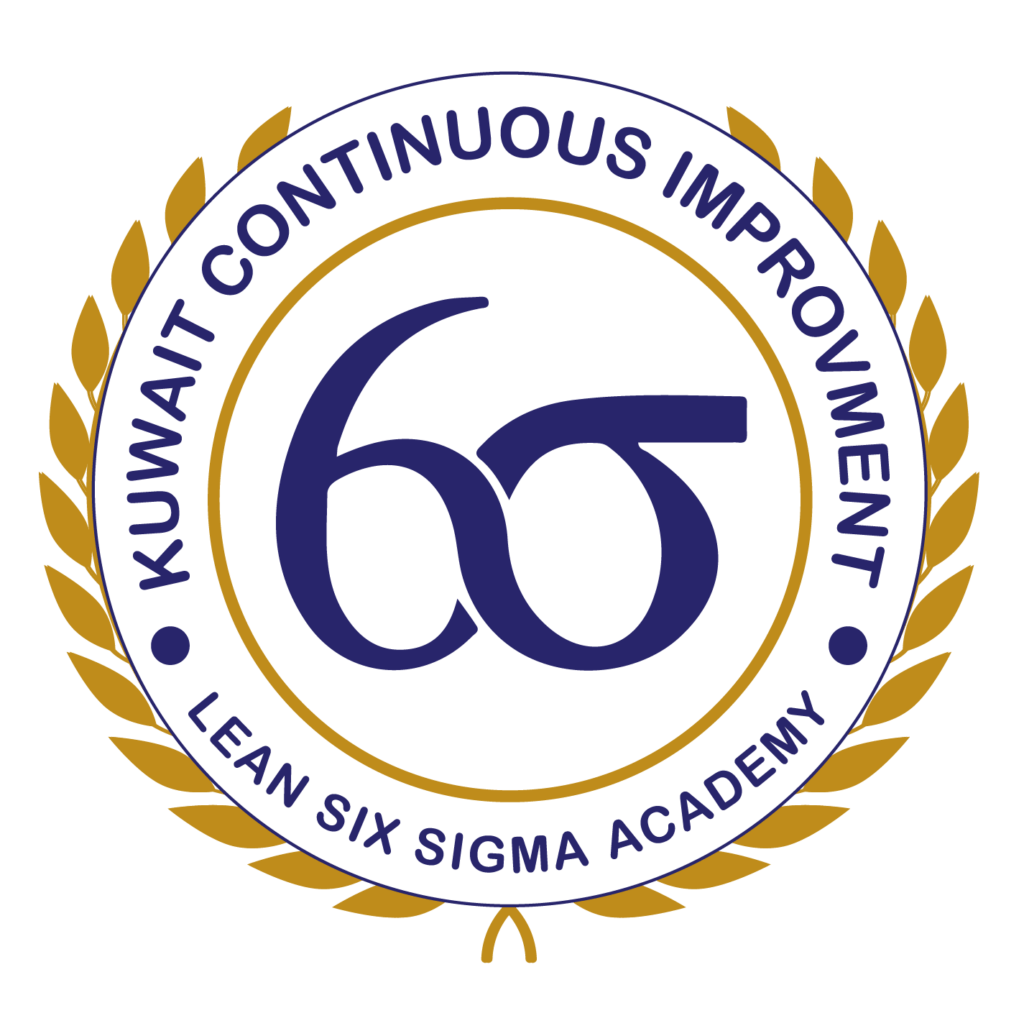

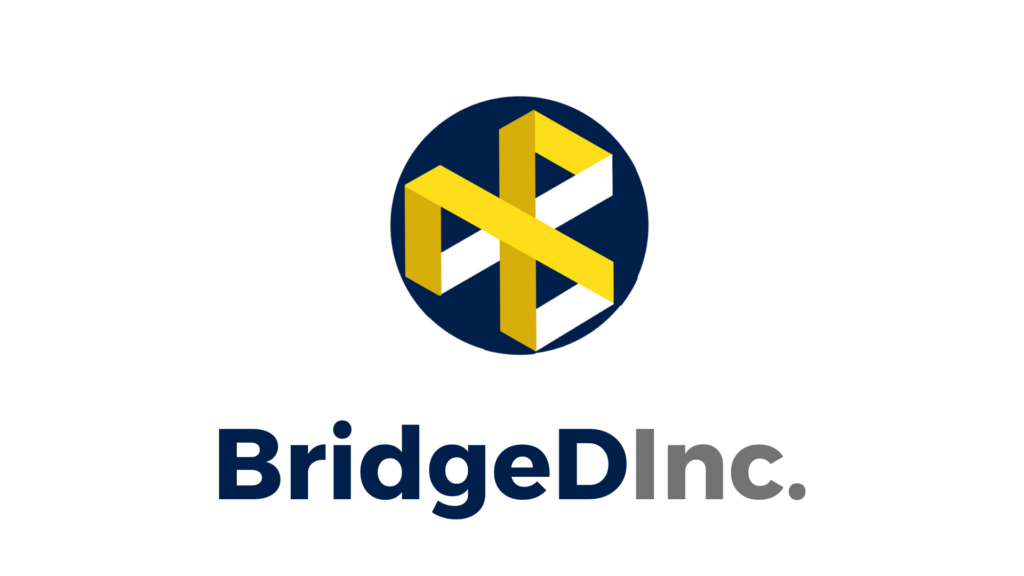

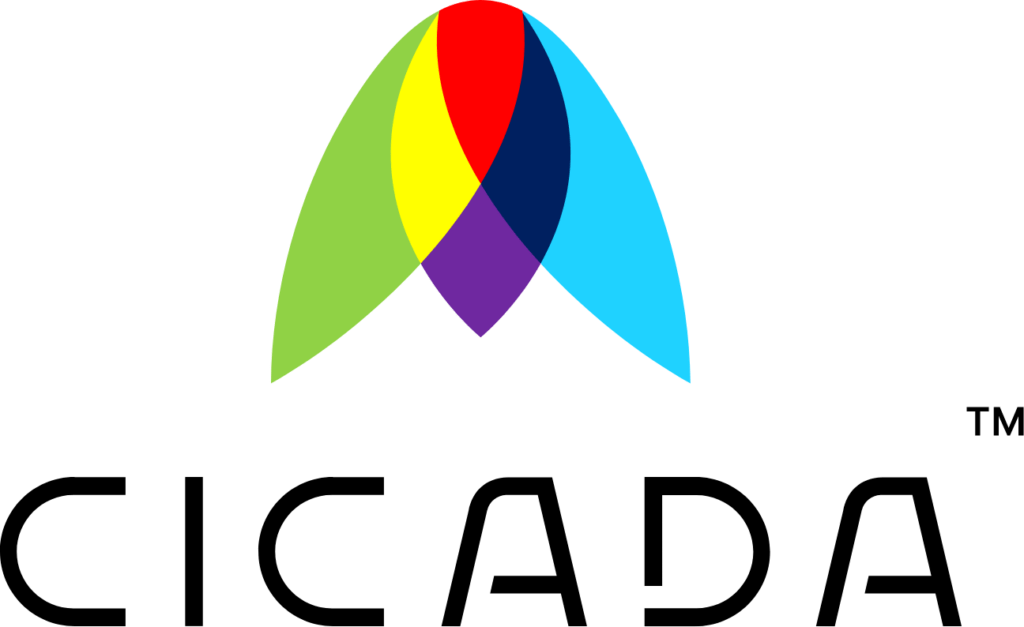
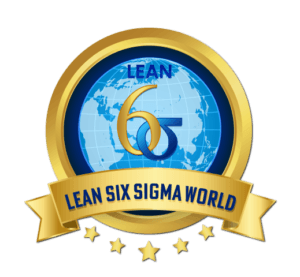
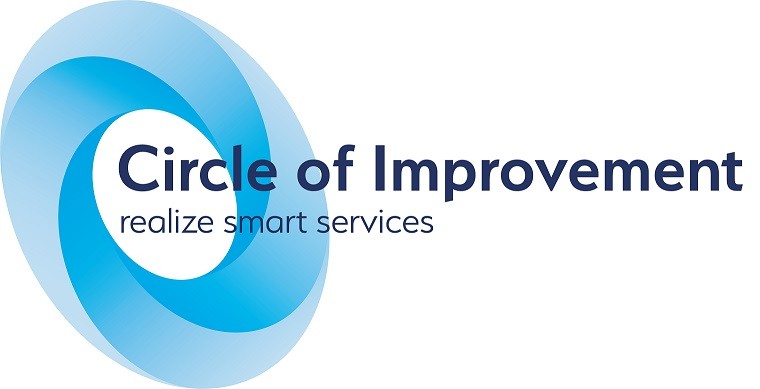



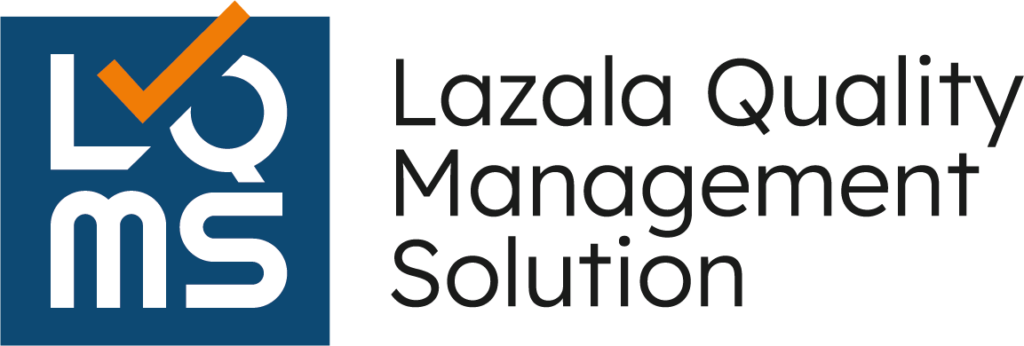

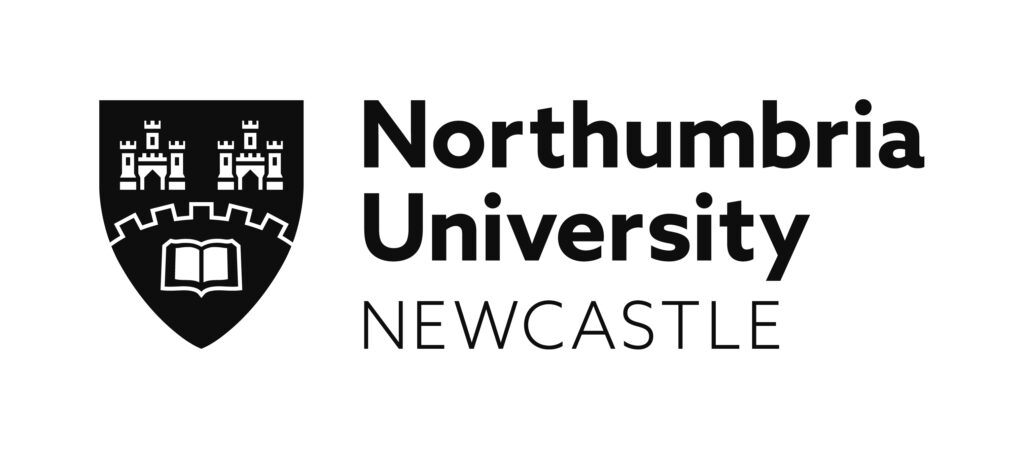
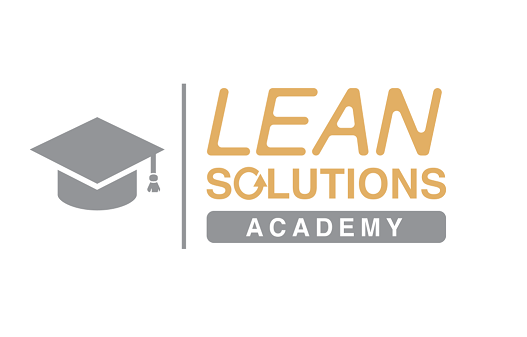

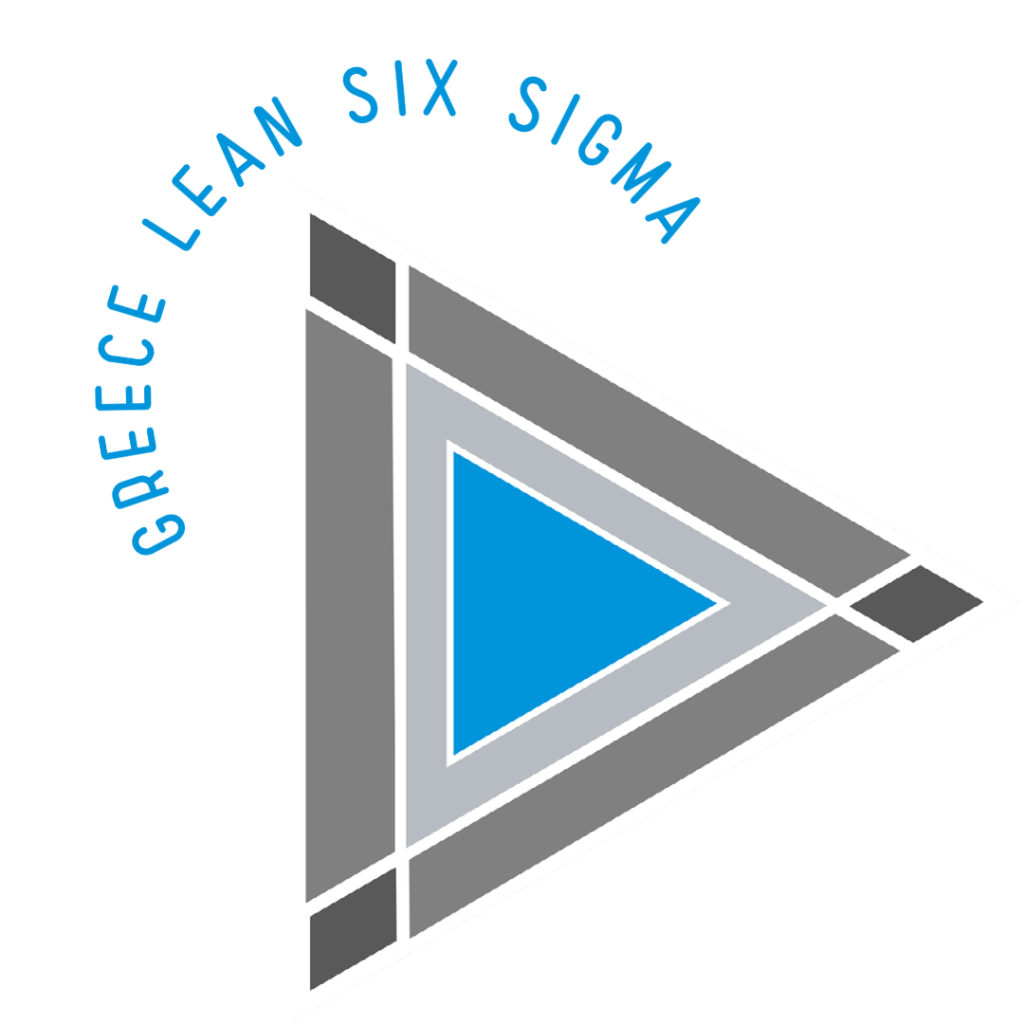
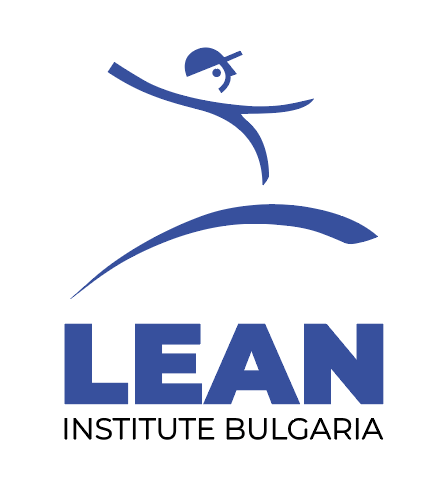

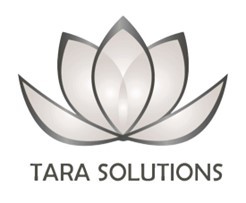
![UCOURSE.ORG [UCOURSE Academy] was established in Hong Kong in 2019 (company name: UCOURSE LTD), dedicated to providing high-quality online courses and courses for Chinese people in China, Hong Kong, and even all over the world. UCOURSE.ORG 【优思学院】于2019年成立于香港(公司名称:优思学院有限公司 / UCOURSE LTD),致力于为中国、香港、以至身处于全球各地的中国人提供优质的线上课程和考试认证,促进全国的人材培育、个人的职业发展,让学员在事业上事半功倍,同时助力国家的未来的急促发展。](https://ilssi.org/wp-content/uploads/2021/02/ucourse-logo-250.png)

